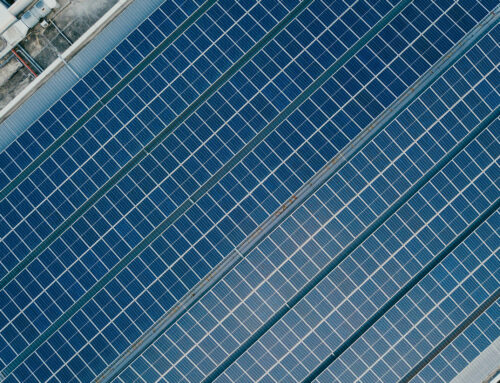
During the climate change & pandemics events hovering upon the world, the Minister of Power and New and Renewable Energy of India, Raj Kumar Singh informed the industry leaders about India’s renewable energy target by 2030. Mr. R.K. Singh said that India is on track to achieve its renewable energy target of 450 GW by 2030 at a US India Business Council (USIBC) meeting.
Further, he added, ” The electricity distribution reforms and the promotion of open access to the electricity grid will enhance renewable energy consumption. This comes at a time when India’s push for green energy has borne results, with the country crossing the 100 GW milestone of installed renewable energy capacity. India is running the world’s largest clean energy program to achieve 175 GW of renewable capacity, including 100GW of solar power by 2022.”
During the conference, India’s Ministry of New and Renewable Energy stated, “The agenda of the meeting was “Advancing cleaner, more sustainable and affordable energy to mitigate climate change and power India’s economic growth.”
While India has been resisting the pressure of declaring a net-zero emission goal and calling out nations on their carbon-neutral intent announcements, its green energy trajectory has been on an upswing.
MNRE statement further added, “Mr. R. K. Singh highlighted India’s achievements in the field of renewable energy, energy access, energy efficiency, reduction in emission intensity and shared GOI’s plans to promote manufacturing and exports from India, including PLI scheme for manufacturing of solar cells, modules and batteries, and promotion of green hydrogen.”
India is working with full dedication on a range of measures including clean electricity, ethanol blending with fossil fuels, green mobility, battery storage, and green hydrogen to reduce pollution and facilitate the commitments made at COP-21 in Paris.
To reduce its carbon footprint by 33-35% from its 2005 levels by 2030, India plans to meet 40% of its electricity needs from non-fossil fuel sources. The campaign has also been adopted by 195 countries in Paris in 2015 as part of their commitments to the United Nations Framework Convention on Climate Change.
The statement further added, “The minister reiterated his commitment to further the US and India’s shared goals on climate change, clean energy and sustainability and the India-US Clean Energy Agenda 2030 Partnership.”
If India’s per capita emissions are seen, then it is one-third of the world average, yet India is building its green portfolio with great empowerment. The rate of use of non-fossil fuel sources for electricity generation in the country seems to be increasing day by day, which has proved helpful in the reduction of carbon emissions. Considering this pace of adoption of renewable energy, it can be said that India will adequately achieve its target of 450 GW by 2030.
Click Here for more updates Ornatesolar.com




Leave A Comment